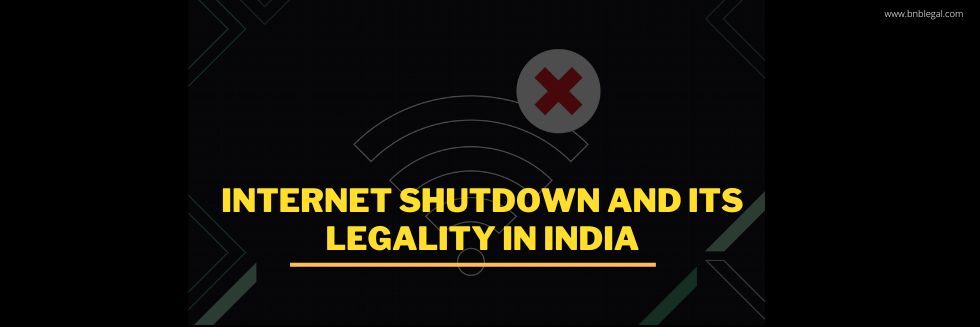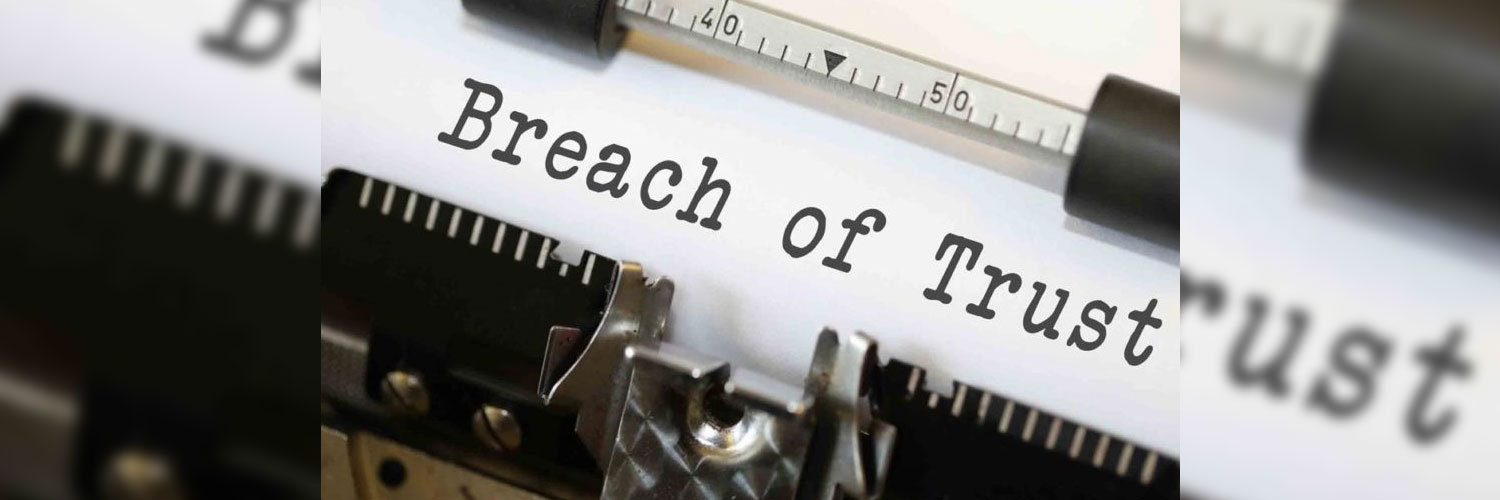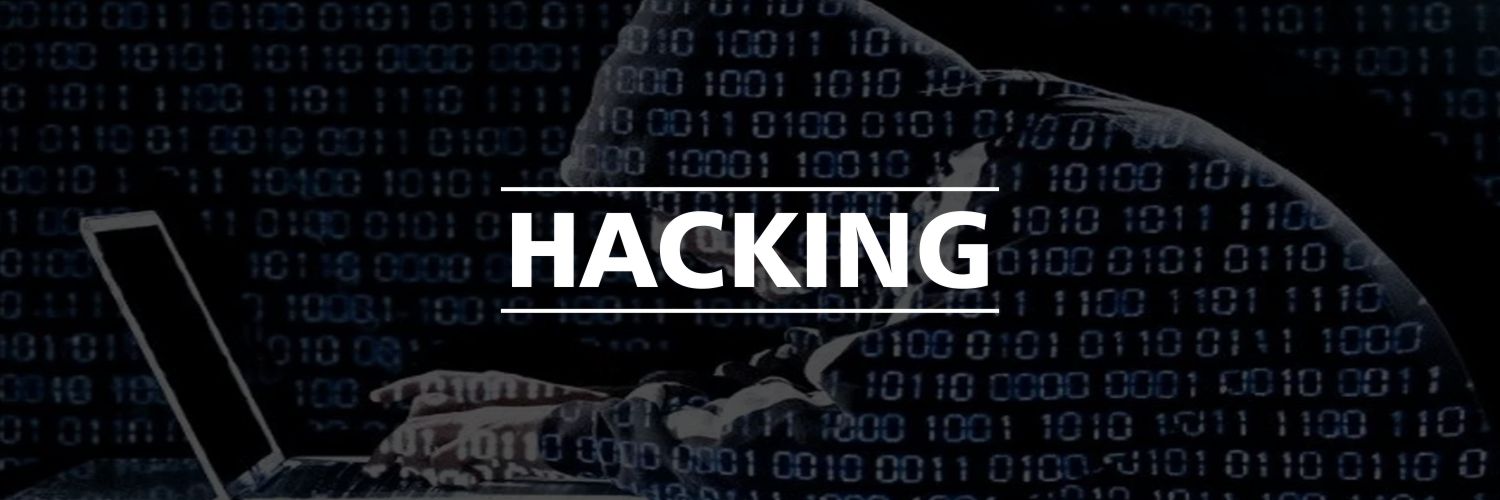Introduction
Internet Shutdowns refer to the restriction on Internet services. It is a widespread occurrence by the government and law enforcement agencies like the Police, NCB or Narcotics Control Bureau, RAW or Research and Analysis Wing, etc. It is one of the primary steps taken by the
Law Enforcement Agencies and The Government. This also helps the government to escalate the tension. Most of these shutdown occurrences trace back to places where there is a state of chaos or riots. The motive behind these are to restore control or disrupt communication of hate speech or provocation.
Impact Of Internet Shutdowns In India
There are multiple significant impacts of Internet shutdowns on Individuals and on a State as a whole as well. Internet Shutdown breaks down the communication system. They may also disrupt access to critical/crucial data and it will hinder the transactions which are done online. It can have grave implications on Businesses, Individuals, and Institutions/ Organizations that work on a day-to-day basis through the Internet. It plays a crucial role in the modern economy.
India is an emerging economy and it is getting digitalized at a fast pace, every year the number of people dependent on computers and mobiles for their day-to-day work is on the rise. A sudden shutdown has a huge impact on them. It also hampers and discourages foreign investments, and businesses while evaluating areas of investment check for the stability of a country and a huge number of shutdowns portrays the image as a less reliable or as ‘not an investment-friendly environment’. It portrays the picture of a country that is undemocratic or authoritarian.
Need for Internet Shutdowns
Although it is true that Internet shutdowns are not the best solution to the problem, there are certain situations where it becomes crucial for the government to impose such shutdowns in the interest of the public.
Where there is a threat to the National Security of a country, an internet shutdown is a crucial tool to curtail the spread of misinformation or communication between parties intending to launch a terrorist attack against the country.
During periods of unrest, riots, or protest in society, the government in order to control the circulation of provoking or controversial content may impose Internet shutdowns to prevent further riots.
In case of a malware attack, the government may in order to prevent the spread, impose an Internet shutdown so that important infrastructure or data can be protected.
Legal Provision Regarding Internet Shutdowns
The legal validity of Internet Shutdowns can be found under the Temporary Suspension of Telecom Services (Public Emergency and Public Safety) Rules, 2017. Under these rules, a competent authority can issue a written order to shut down Internet Services in a particular area for the following reasons:
- For Public Emergency
- To Maintaining Law and Order
- To prevent the spread of Misinformation
- In the interest of National Security
Under the Indian Telegraph Act, 1885 Section 5 talks about the interception or detention of any telegraph but it can be broadly interpreted to mean that the government or the authority authorized by the government on this behalf has the power to impose Internet Shutdowns. It is under the power of the government to take possession of messages and intercept it in the interest of the safety of the public.
Under IT Act, 2000 Section 69A gives to Central Government to block or restrict public access to any content through any computer resource if it is satisfied that it is essential to do so,
- In the interest of the sovereignty and integrity of India
- Defense of India
- Security of State
- Friendly relations with a foreign state
Or public order or for preventing incitement to the commission of any cognizable offense on above stated factors.
Before the commission of Temporary Suspension of Telecom Services ( Public Emergency and Public Safety) Rules, 2017, the tool used by the government to impose such shutdowns was done in accordance with section 144 of the Criminal Procedure Code, 1973, under which, DM (District Magistrate), Sub- Divisional Magistrate or an Executive Magistrate has the power to issue directions to maintain public order or where there is an apprehension of danger.
Freedom Of Speech And Expression
One of the most prominent questions is whether these impositions are a violation of the fundamental rights of people. People have freedom of Speech and Expression, and the shutdowns put up a barrier to exercising these rights provided under the constitution, but Article 19(2) further states that reasonable restriction can be put on the exercise of these rights, in the interest of security and state.
Conclusion
The State can impose suspension of Internet Services but it must be reasonable and proportionate to the danger involved. Proportionate steps must be taken to meet the level of danger involved in a scenario. ‘Using the strongest weapon against the weakest foe’ is never an ideal situation, such impositions must only take place where there involves that level of risk or danger. Consequences of an Internet Shutdown are huge both economically and personally and must only be adhered to where necessary. According to research of a UK based privacy and security research firm Top10VPN, the economic impact seen in India in 2020 was around 2.8 Billion Dollars (8972 hours). In place of losing such revenue to shutdowns, the government must invest more in Intelligence and Cyber Security to stop such attacks from happening in the first place.
This article is written and submitted by Suryansh Sharan during his course of internship at B&B Associates LLP. Suryansh is a B.B.A. LLB 5th year student at ICFAI University Dehradun.





